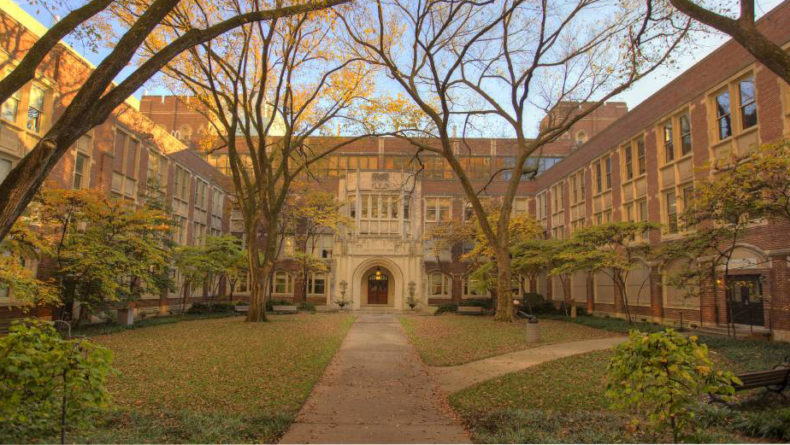Breaking Ground in Medical Research: Two Vanderbilt University School of Medicine Basic Sciences Faculty Members Make History
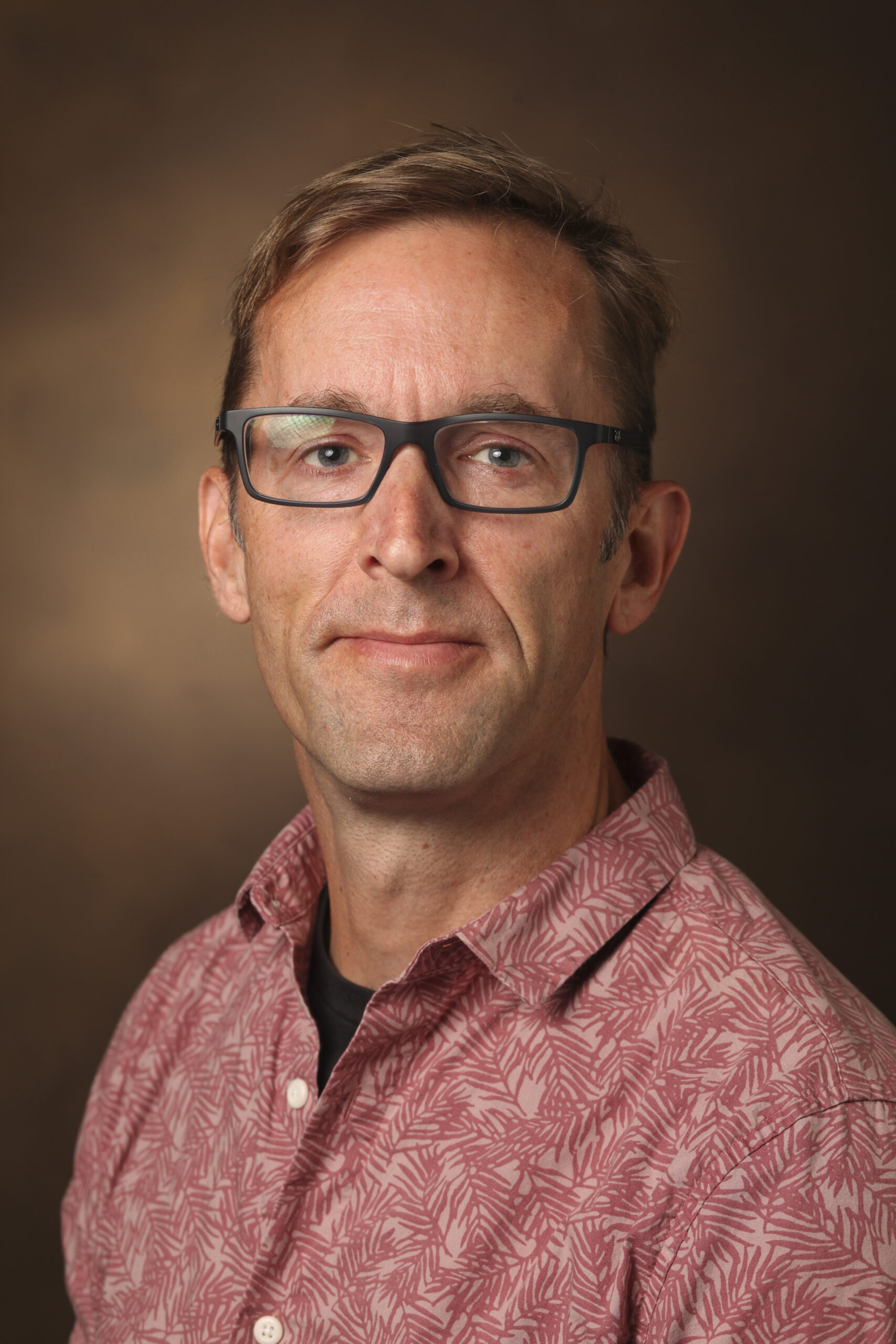
In-Depth Analysis of Monteggia and Tyska’s Work

Monteggia and Tyska, two esteemed faculty members at Vanderbilt University, have been recognized for their groundbreaking contributions to the fields of neuroscience and cellular biology. As 2024 fellows of the American Association for the Advancement of Science (AAAS), they join an elite group of scientists, engineers, and innovators who have made significant impacts in their respective fields.
Monteggia’s Contributions to Neuropsychiatric Disorders

Monteggia’s research has primarily focused on understanding the cellular and molecular mechanisms underlying neuropsychiatric and neurodevelopmental disorders. Her work has shed light on the critical role of epigenetic factors, including MeCP2 and HDACs, in the central nervous system.
By investigating the intricate relationships between these epigenetic factors, Monteggia has made significant strides in elucidating the underlying causes of neuropsychiatric disorders. Her research has far-reaching implications for the development of novel therapeutic strategies and interventions.
Monteggia’s work has also highlighted the importance of considering the complex interplay between genetic and environmental factors in the development of neuropsychiatric disorders. Her findings have the potential to inform the development of more effective and targeted treatments for these disorders.
Tyska’s Work on Cellular and Molecular Physiology
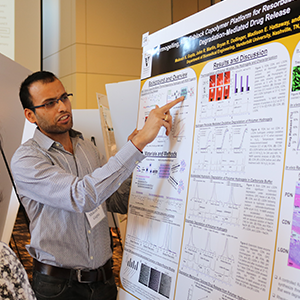
Tyska’s research has focused on understanding the cellular and molecular physiology underlying the regulation of cell shape and function. His work has utilized advanced forms of light and electron microscopy to investigate the molecular control of cytoskeletal architecture and dynamics in intestinal epithelial cells.
Tyska’s discoveries have illuminated fundamental mechanisms underpinning key facets of intestinal function, including nutrient absorption and barrier function against pathogens. His research has significant implications for our understanding of the complex interactions between the gut microbiome and the host immune system.
Tyska’s work has also opened up new avenues for the development of novel therapeutic strategies for the treatment of gastrointestinal disorders. His findings have the potential to inform the development of more effective and targeted treatments for these disorders.
Implications and Practical Aspects
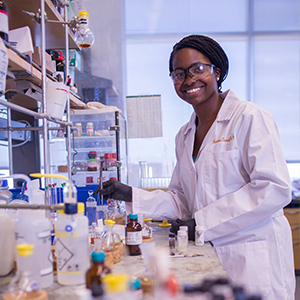
The election of Monteggia and Tyska as AAAS fellows highlights the significance of their contributions to the fields of neuroscience and cellular biology. Their research has far-reaching implications for our understanding of the complex biological systems underlying human health and disease.
The Impact of Monteggia and Tyska’s Research
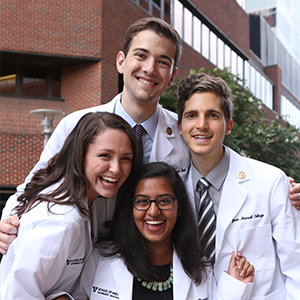
Monteggia and Tyska’s research has the potential to drive significant advances in our understanding of neuropsychiatric disorders and cellular physiology. Their findings have the potential to inform the development of novel therapeutic strategies and interventions for the treatment of these disorders.
Their research also has significant implications for the development of more effective and targeted treatments for a range of diseases, including gastrointestinal disorders and neurodevelopmental disorders.
Furthermore, their work has the potential to inform the development of novel diagnostic tools and biomarkers for the early detection and diagnosis of these disorders.
The Role of AAAS Fellowship in Promoting Scientific Research

The AAAS fellowship is a prestigious honor that recognizes excellence in scientific research and innovation. The election of Monteggia and Tyska as AAAS fellows highlights the significance of their contributions to the scientific community.
The AAAS fellowship plays a critical role in promoting scientific research and innovation by recognizing and rewarding excellence in science and engineering. The fellowship also provides a platform for scientists to share their knowledge and expertise with a broader audience.
Furthermore, the AAAS fellowship has the potential to inspire the next generation of scientists and engineers to pursue careers in research and innovation.
Conclusion
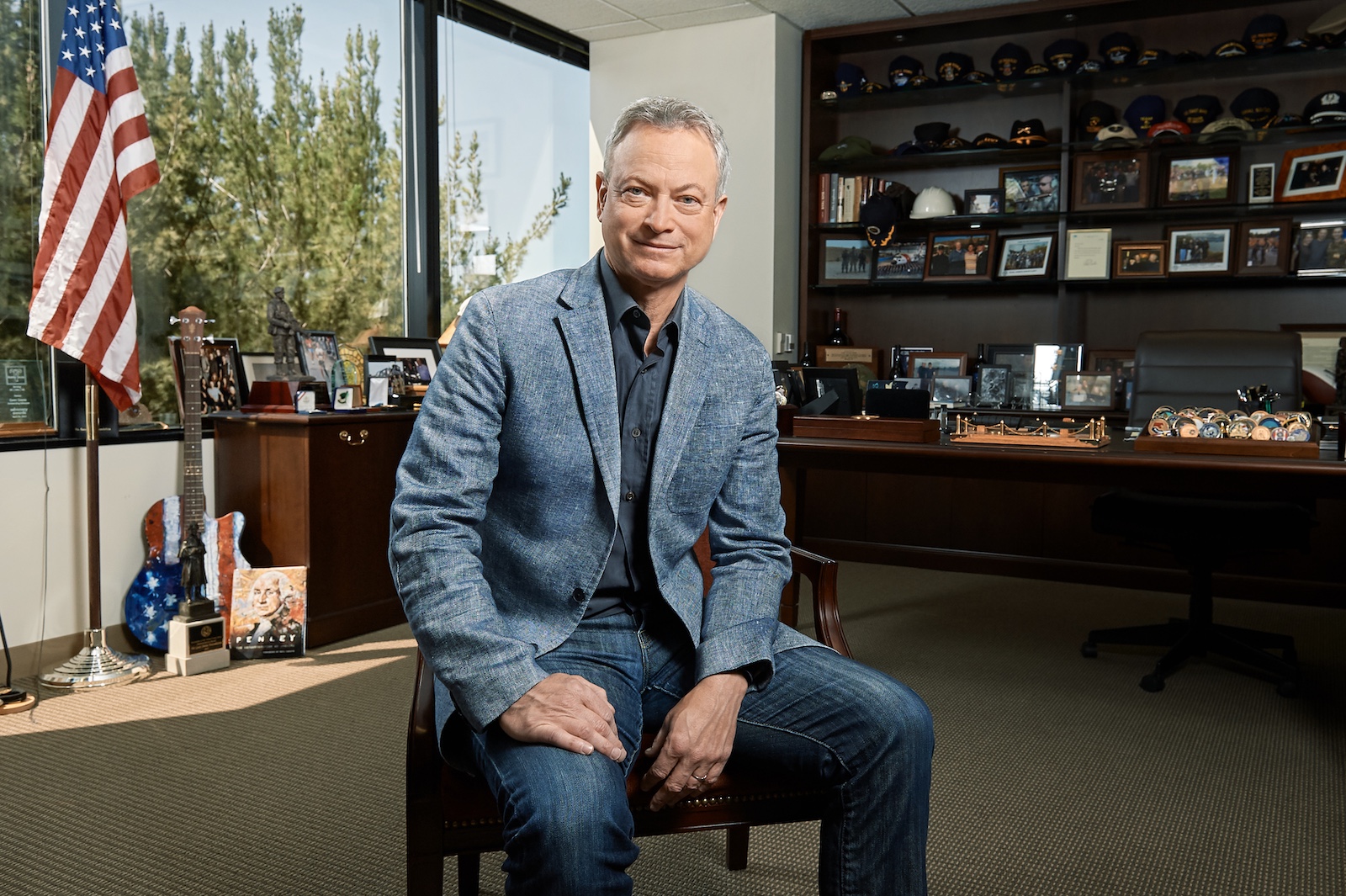
In conclusion, the recent recognition of Mark Monteggia and Matthew Tyska as fellows by the American Association for the Advancement of Science (AAAS) is a testament to the outstanding contributions and dedication of the School of Medicine Basic Sciences at Vanderbilt University. As discussed in the article, Monteggia’s groundbreaking research in the field of neuroscience and Tyska’s pioneering work in the study of the cytoskeleton have significantly advanced our understanding of the intricate mechanisms governing human biology. Their election as AAAS fellows not only honors their individual achievements but also reflects the university’s commitment to fostering a culture of innovation and excellence.
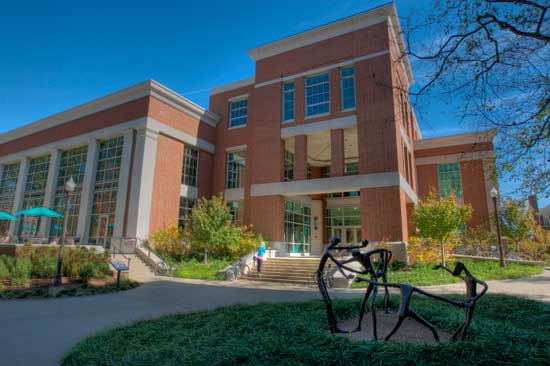
This distinction holds profound implications for the scientific community, as it underscores the importance of basic sciences in driving medical breakthroughs and improving human health. The work of Monteggia and Tyska serves as a shining example of the transformative power of scientific inquiry, inspiring future generations of researchers to pursue careers in basic sciences and tackle the complex challenges facing our world today. As we look to the future, it is clear that continued investment in basic sciences will be crucial in unlocking new treatments, therapies, and technologies that will shape the course of human history.
As we celebrate the achievements of Monteggia and Tyska, we are reminded that the pursuit of scientific knowledge is a collective endeavor that relies on the tireless efforts of countless individuals working together to advance our understanding of the world. Their election as AAAS fellows is a powerful reminder that the boundaries of human knowledge are limitless, and that the next great breakthrough is just over the horizon. As we continue to push the frontiers of science, we are compelled to ask: what will be the next great discovery that changes the world, and who will be the visionary scientists leading the way?
